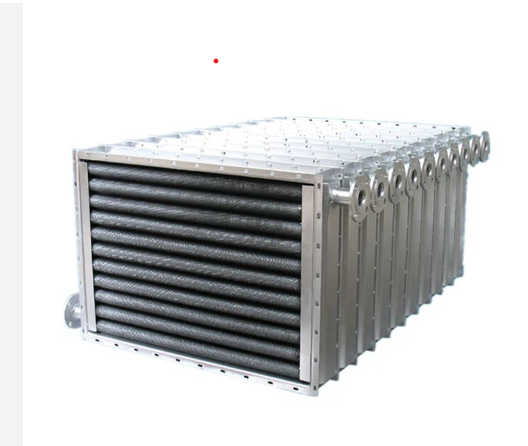Aluminium radiators have several disadvantages that should be considered when choosing a heating system. While they offer certain advantages, such as lightweight construction and efficient heat transfer, it is important to be aware of their limitations. Here are some of the disadvantages of aluminium radiators:
- Corrosion: Aluminium is susceptible to corrosion when exposed to certain chemicals or environments. If the water in the heating system contains high levels of minerals or if the system is not properly maintained, it can lead to the corrosion of aluminium radiators. Corrosion can cause leaks, reduce the lifespan of the radiator, and result in costly repairs.
- Fragility: Compared to other materials used in radiator construction, such as cast iron or steel, aluminium is relatively less durable and more prone to damage. It is more susceptible to bending, denting, or puncturing, especially during installation or transportation. Care must be taken to avoid mishandling or accidental impacts that could compromise the integrity of the radiator.
- Limited pressure tolerance: Aluminium radiators typically have lower pressure tolerance compared to radiators made from other materials. They may not be suitable for high-pressure heating systems, particularly in commercial or industrial applications where higher pressures are common. Exceeding the recommended pressure limits can lead to leaks or failures in the radiator.
- Higher cost: Aluminium radiators tend to be more expensive than radiators made from other materials, such as steel or cast iron. This higher cost can be a disadvantage, especially if you are working with a tight budget or if you need to install multiple radiators. The price difference is mainly due to the higher manufacturing costs associated with aluminium and its alloys.
- Limited design options: Aluminium radiators often have limited design options compared to radiators made from other materials. They are typically available in slim, modern designs, which may not be suitable for all interior styles or preferences. If you are looking for a radiator that matches a specific aesthetic or architectural style, you may find fewer options with aluminium radiators.
- Incompatibility with certain heating systems: Some heating systems, such as those using older boilers or non-condensing boilers, may not be compatible with aluminium radiators. Aluminium can react with the byproducts of combustion in these systems, leading to accelerated corrosion and reduced performance. It is important to consult with a heating professional to ensure compatibility before installing aluminium radiators.
- Limited heat retention: Aluminium has lower heat retention compared to materials like cast iron. Once the heating system is turned off, aluminium radiators tend to cool down more quickly. This can result in less consistent heat distribution and potentially lead to higher energy consumption as the system needs to work harder to maintain desired temperatures.
- Difficulty in repairing: Repairing damaged aluminium radiators can be more challenging compared to other materials. Due to their construction and the nature of aluminium, repairs often require specialized equipment and expertise. In some cases, it may be more cost-effective to replace the radiator entirely rather than attempting to repair it
It is important to weigh these disadvantages against the advantages of aluminium radiators before making a decision. Consider factors such as the specific heating requirements, budget constraints, maintenance capabilities, and aesthetic preferences when choosing the most suitable radiator material for your needs.
Post time: Jul-19-2023





